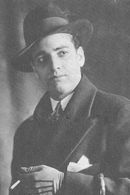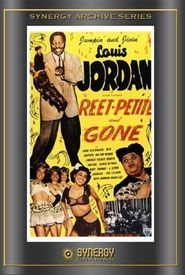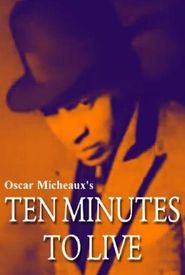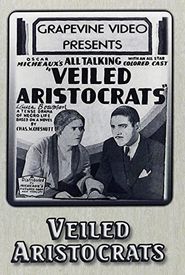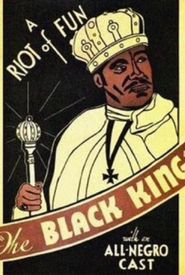Lorenzo Tucker, a towering figure in Black Cinema, was affectionately known as "The Black Valentino" due to his striking resemblance to the legendary Rudolph Valentino. This charismatic thespian boasted a chiseled physique, a dashing good looks, and an air of mystique that captivated audiences. With a career spanning close to 20 films, Tucker was one of the most popular leading actors in Black Cinema, earning widespread recognition and admiration.
Tucker's journey in the world of acting began at Temple University in Philadelphia, where he initially pursued a degree in medicine but eventually succumbed to the allure of the stage. He honed his craft by appearing in college productions and eventually caught the eye of legendary filmmaker Oscar Micheaux, who offered him a chance to break into the film industry.
Tucker's prime years, which spanned from the late 1920s to the end of the 1930s, were marked by immense success and widespread acclaim. He became a beloved figure in Black America, frequently featured in leading Black newspapers and touted as a bonafide movie star.
One of Tucker's most notable roles was in Oscar Micheaux's controversial film "Veiled Aristocrats," where he played a Negro who successfully passes as white and returns to his family to coax his sister into doing the same. Tucker's convincing portrayal of a white man sparked controversy and debate, with some critics praising his nuanced performance while others felt he was perpetuating harmful stereotypes.
Despite his success on the big screen, Tucker faced significant challenges in his career. His light complexion made it difficult for him to secure mainstream film roles, particularly in Hollywood, where he was often deemed not Black enough. However, he found success on the stage, starring in Broadway productions such as "The Constant Sinner," "Ol' Man Satan," and "Humming Sam."
Tucker's stage career was marked by controversy, including a notable performance in Washington, D.C., where he played the role of a pimp opposite the legendary Mae West. The scene called for Tucker to kiss West, which sparked outrage among theater critics, who demanded the scene be removed from the play. Undeterred, Tucker stood firm, and the show's star, Mae West, refused to alter the scene, ultimately leading to the production's departure from the city.
Tucker's life outside of show business was marked by significant achievements. During World War II, he served in the army and later became an autopsy technician for the medical examiner's office in New York City. He handled the autopsies of numerous celebrities, gangsters, and prominent figures, including Malcolm X and Nina Mae McKinney. Tucker was also a talented photographer, showcasing his skills behind the lens.
Tucker's remarkable life was marked by a series of firsts. He was the only Black individual involved in Black Cinema who was still alive and able to see his contributions recognized and celebrated. In 1974, he was inducted into The Black Film Makers Hall of Fame, an honor he cherished deeply. Tucker's legacy was often compared to that of early Hollywood actor William Powell, due to their striking physical resemblance and effortless acting style.
Tucker's life came to a close due to complications from lung cancer, and he was laid to rest at Riverside National Cemetery in Riverside, California. Despite his passing, his impact on Black Cinema and his contributions to the industry continue to be celebrated and remembered.
